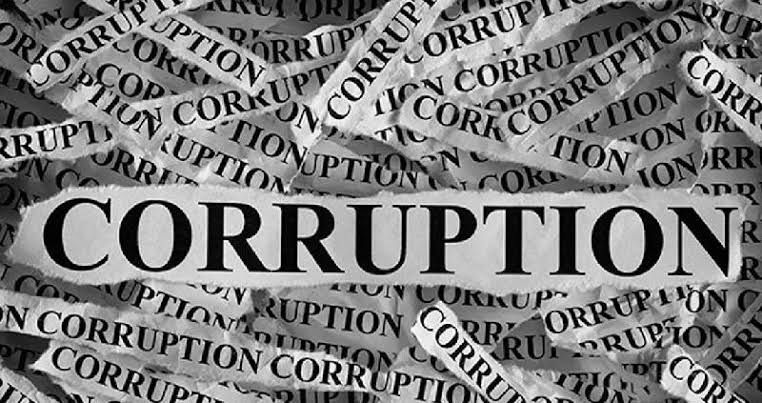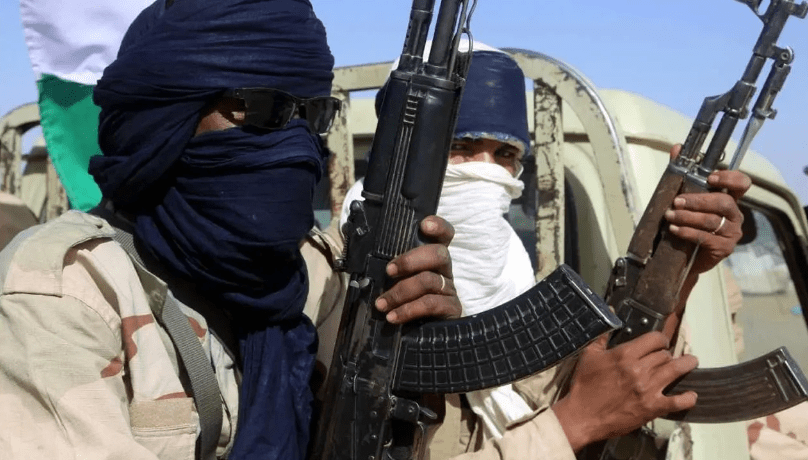The Center for Fiscal Transparency and Integrity Watch sheds light on the intricate relationship between corruption and the surge in organized criminal activities, including terrorism, in Nigeria. Mr. Umar Yakubu, the Executive Director of the center, articulated this correlation during a gathering with leaders of anti-corruption agencies and civil society organizations in Abuja.
Concurrently, the Independent Corrupt Practices and Other Related Offenses Commission (ICPC) and the Nigeria Bar Association advocate for enhanced collaboration to combat corruption within the nation. This assembly in Abuja, convened by the Center for Fiscal Transparency and Integrity Watch, aims to introduce a monitoring mechanism for implementing the United Nations Convention against Corruption.
Having signed the UN Convention against Corruption in 2003 and ratified it in 2004, Nigeria deliberates on strategies to expedite its implementation. The discourse at this forum revolves around accelerating the execution of anti-corruption measures.
Roland Otaru, a Senior Advocate of Nigeria representing the President of the Nigeria Bar Association, aligns with the ICPC Chairman’s stance, emphasizing the necessity for closer collaboration with legal practitioners to tackle corruption effectively.
In his address, Umar Yakubu, the Executive Secretary of the Center for Fiscal Transparency and Integrity Watch, underscores the intrinsic link between corruption in fiscal domains and the proliferation of organized crimes in Nigeria. Combatting corruption in public spheres remains a significant challenge for successive administrations, and the consensus reached at this meeting underscores the imperative of citizen-government collaboration to triumph over corruption.
-7 October 2024




